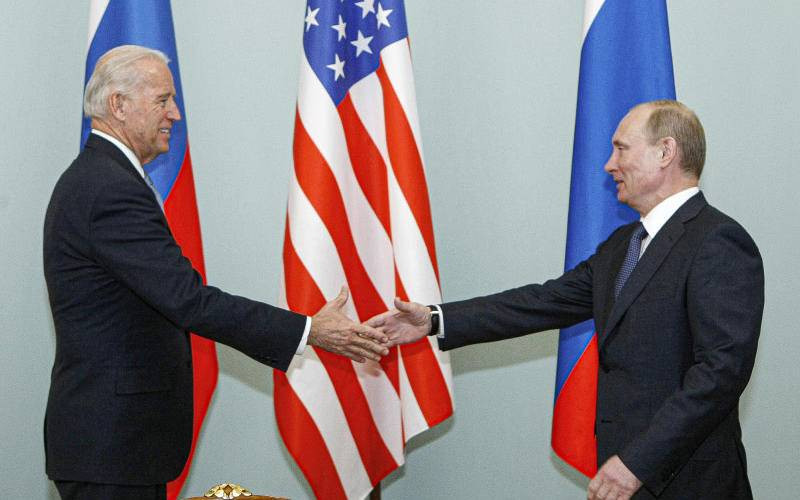×
The Standard e-Paper
Kenya’s Boldest Voice

The Russian invasion of Ukraine shocked the world. Within weeks, Russia changed its strategy after failing to take over Kyiv, the capital city of Ukraine.
I was told the sacred cathedrals and churches stopped a violent takeover of Kyiv which holds a special place in the Russian Orthodox Church.